The coronavirus outbreak is now a public health emergency of international concern, after the World Health Organisation (WHO) made a long-awaited decision on the disease.
The official status will put extra onus on China to identify the animal source of the outbreak, and to conduct exit screening of travellers leaving the country.
China will also be urged to implement a comprehensive risk communication strategy to keep their citizens informed, and to share relevant data on human cases.
Global health emergencies
Since being formalised at the start of the millennium, there have been six public health emergencies since 2009.
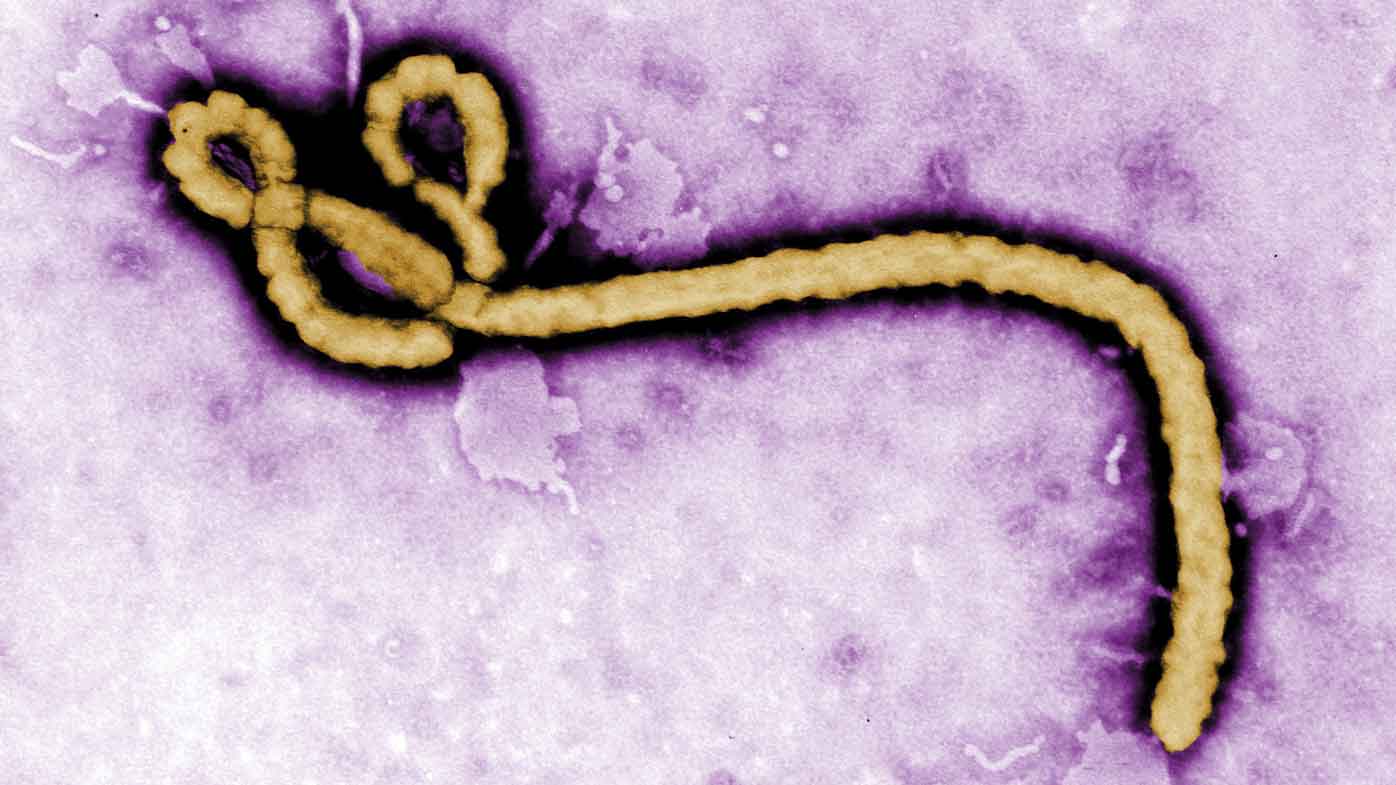
The first was the swine flu pandemic in 2009, the polio recurrence in 2014, the West African Ebola outbreak in 2014, the Zika epidemic in 2015-2016 and 2018's Ebola epidemic in the Democratic Republic of Congo and Uganda in 2018.
The designation was created in response to the SARS outbreak in 2002, which also originated in central China.
Unlike many of these countries where previous public health emergencies were declared, China is well-equipped to contain the coronavirus spread.
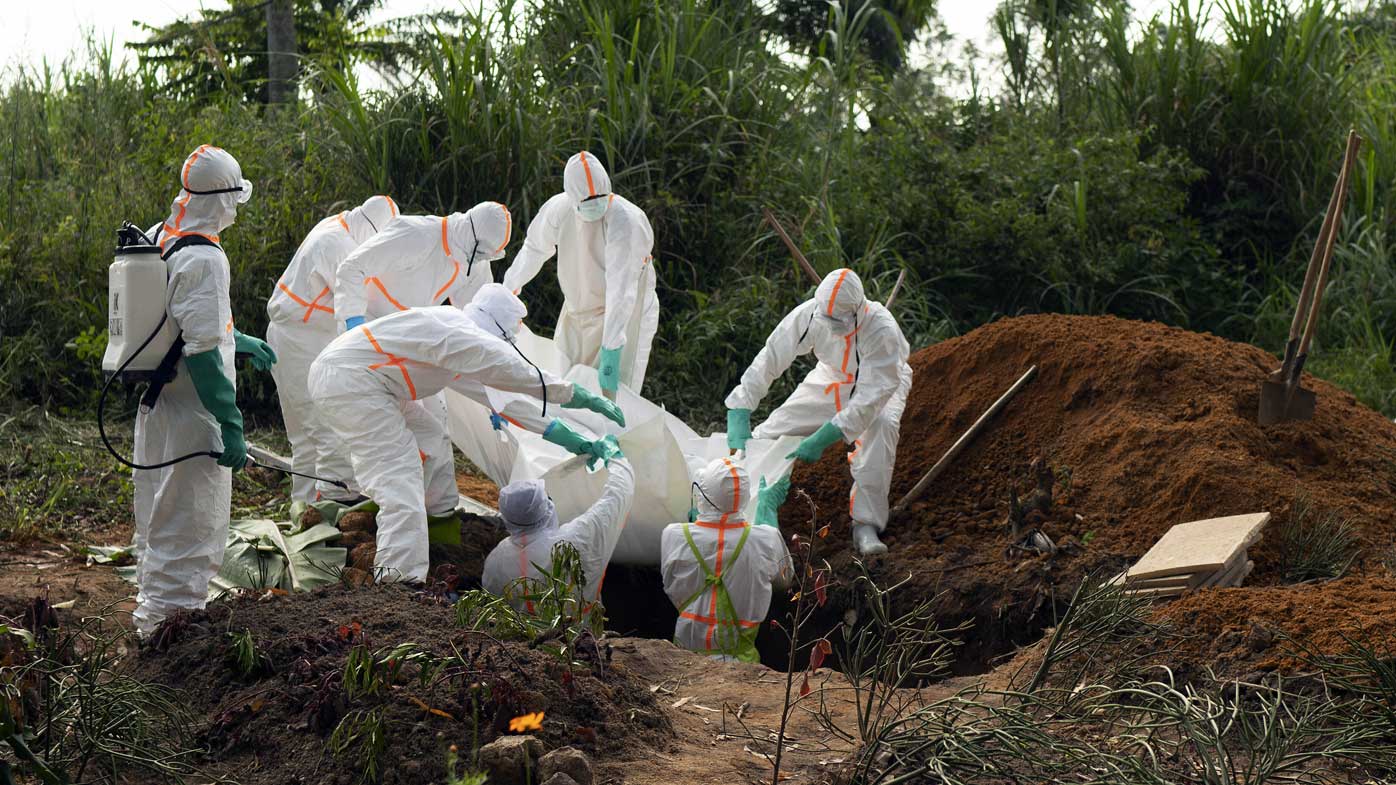
"(WHO) also have a strong interest in ensuring that if this disease does be exported to a low-income country with poor health systems, that they have there to help prepare them," Dr Murphy said.
"It's important to note the World Health Organisation is still saying that containment of this outbreak is the goal and is still possible."
'This is the time for facts'
WHO Director-General Tedros Adhanom Ghebreyesus said the declaration was "not because of what is happening in China, but because of what is happening in other countries".
"In many ways, China is actually setting a new standard for outbreak response," Dr Ghebreyesus said.
"Our greatest concern is the potential for the virus to spread to countries with weaker health systems, and which are ill-prepared to deal with it."
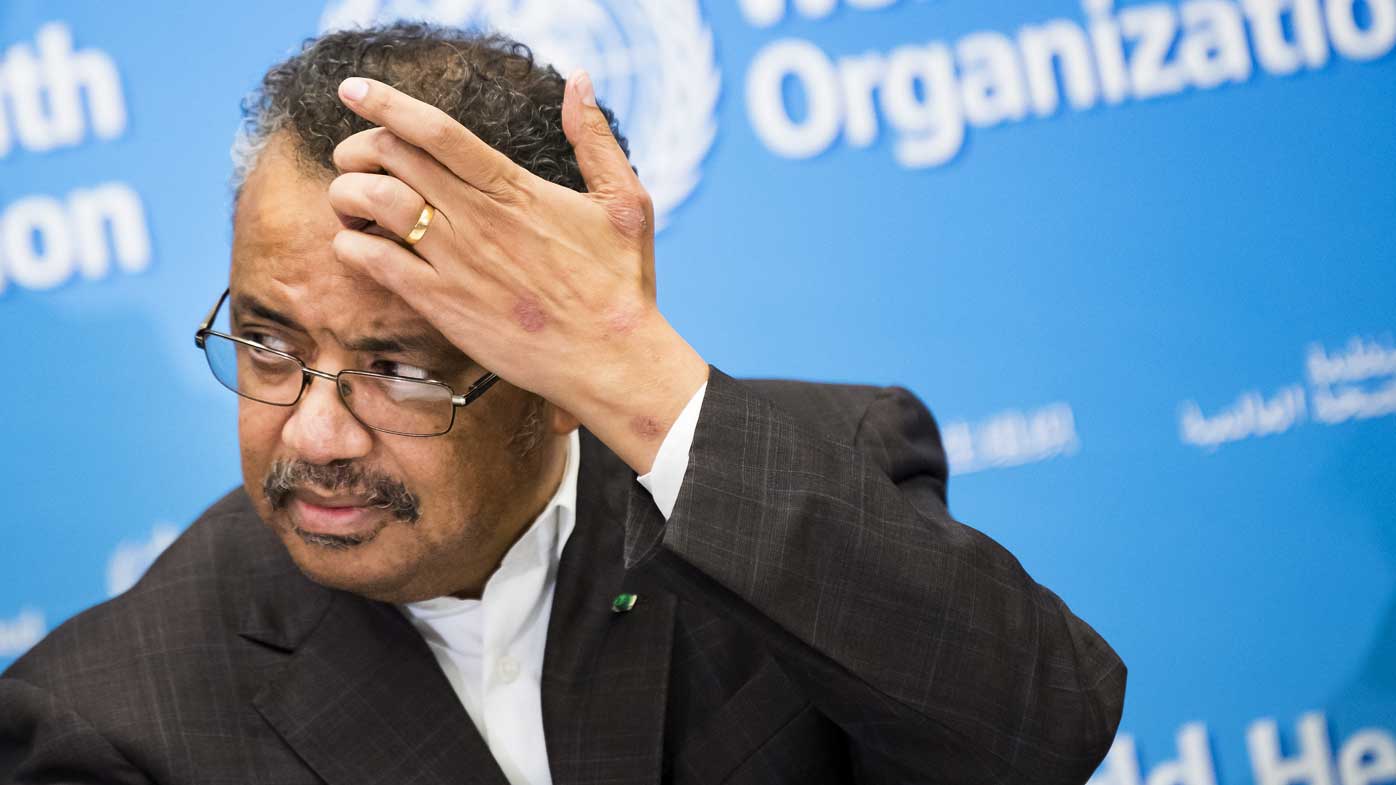
Countries other than China should be prepared for containment, including active surveillance, early detection, isolation and case management.
But WHO did not recommend any travel or trade restrictions based on the current information.
"We must act now to help countries prepare for that possibility," Dr Ghebreyesus said in a tweet.
"This is the time for facts, not fear.
"This is the time for science, not rumours.
"This is the time for solidarity, not stigma."
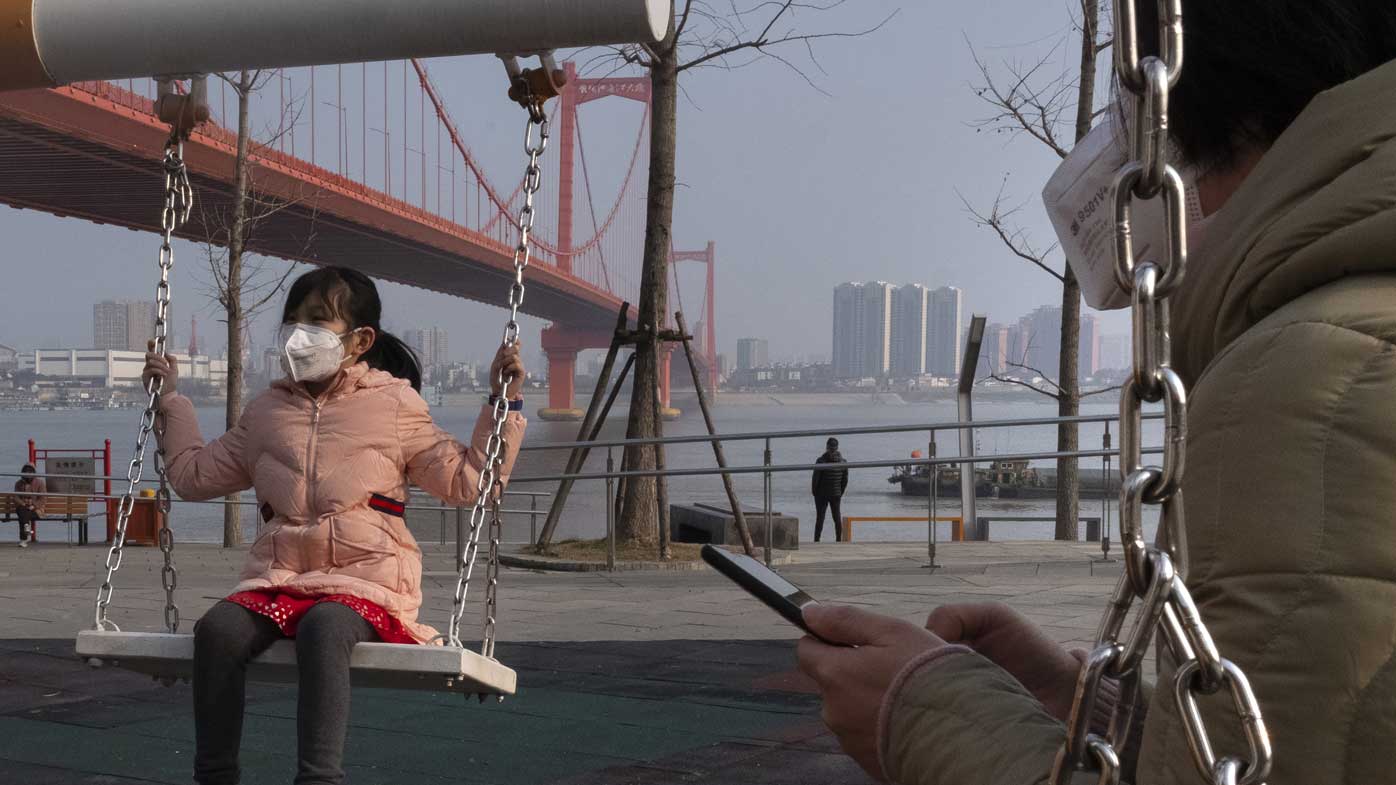
Australia's chief medical officer Brendan Murphy had been anticipating the declaration.
"Australia has been acting in anticipation of such a declaration for some time," he told reporters in Canberra this morning.
"We're one of the most forward leading countries in terms of our public health response to this outbreak."
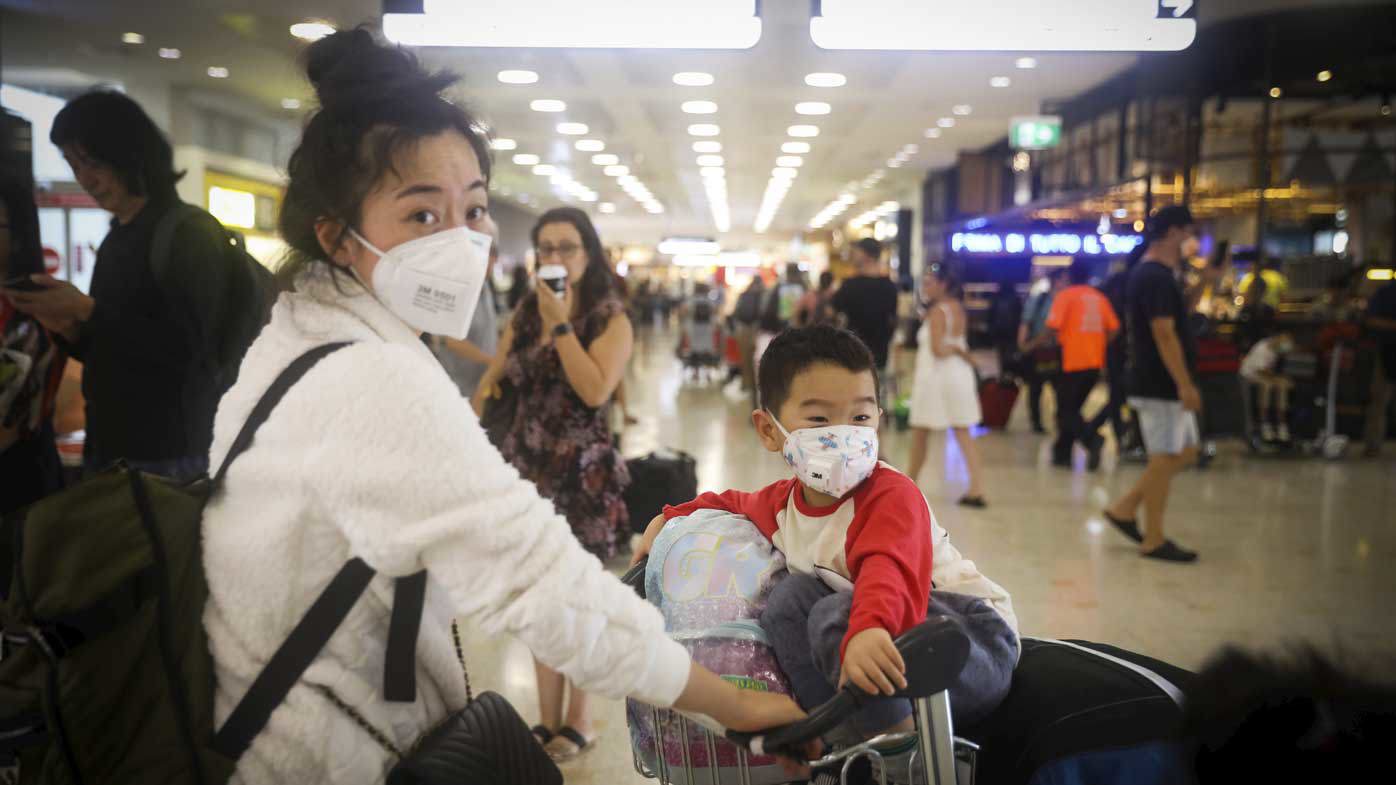
Today Italy closed air traffic to and from China after two confirmed cases there.
The public health commissioner from Hubei province, where coronavirus first broke out, said 204 people there have died from the disease.
That figure is higher than the official international death toll of 171.
So far the only deaths have been in China.

Source: https://ift.tt/37GATK9
Comments
Post a Comment